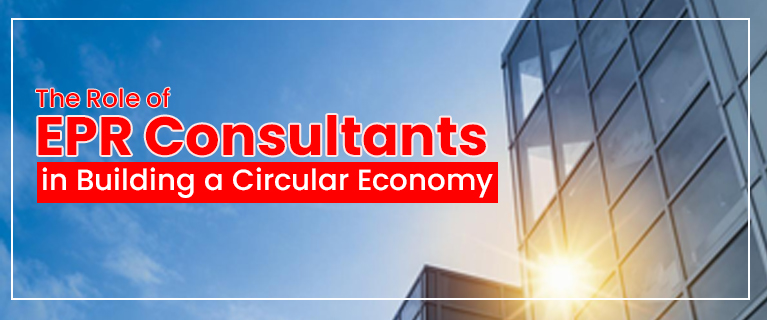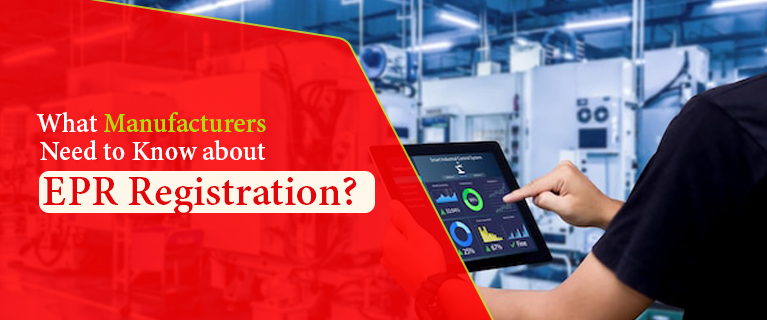The Role Of EPR Consultants In Building A Circular Economy
In the quest for sustainability and responsible resource management, the concept of a circular economy has gained significant traction. A circular economy aims to minimize waste, promote recycling, and extend the lifespan of products and materials. It's a departure from the traditional linear economy, where resources are extracted, used, and discarded. Instead, the circular economy envisions a closed-loop system where products and materials are reused, remanufactured, or recycled to reduce environmental impacts.
To transition towards a circular economy, businesses, governments, and organizations require effective strategies and frameworks. This is where Extended Producer Responsibility (EPR) consultants play a pivotal role. EPR is a policy approach that holds manufacturers and producers responsible for the entire life cycle of their products, including their end-of-life disposal. EPR consultants specialize in helping businesses implement EPR programs, which align perfectly with the principles of a circular economy. Here's an exploration of the crucial role EPR consultants play in building a circular economy.
1. Designing Sustainable Product Lifecycles:
EPR consultants work closely with businesses to rethink the way products are designed and manufactured. They emphasize the importance of durability, repairability, and recyclability. By integrating these principles into product design, companies can create goods that have a longer lifespan and are easier to refurbish or recycle.
2. Waste Reduction Strategies:
A central tenet of the circular economy is waste reduction. EPR consultants assist organizations in developing strategies to minimize waste generation throughout the product lifecycle. This includes exploring options for source reduction, material efficiency, and waste prevention.
3. End-of-Life Management:
Effective EPR programs extend the responsibility of producers to the end-of-life phase of their products. EPR consultants guide businesses on setting up systems for the collection, recycling, and proper disposal of their products once they reach the end of their useful life. This ensures that products and materials are reintegrated into the economy rather than ending up in landfills.
4. Recycling Infrastructure Development:
To support a circular economy, robust recycling infrastructure is essential. EPR consultants collaborate with businesses to establish and expand recycling facilities and networks. This involves identifying suitable partners, technologies, and processes for efficient recycling.
5. Compliance and Reporting:
EPR programs often come with regulatory requirements and reporting obligations. EPR consultants assist businesses in navigating these complexities, ensuring they meet their legal obligations while also aligning with circular economy goals.
6. Stakeholder Engagement:
Building a circular economy requires collaboration among various stakeholders, including producers, consumers, governments, and non-governmental organizations. EPR consultants facilitate these collaborations, helping businesses engage with stakeholders to create effective circular solutions.
7. Environmental Impact Assessment:
EPR consultants conduct environmental impact assessments to quantify the benefits of circular initiatives. They analyze data on reduced resource consumption, greenhouse gas emissions, and other environmental indicators, providing evidence of the positive impacts of circular practices.
8. Education and Training:
As circular economy practices are relatively new to many industries, EPR consultants provide education and training to businesses and their employees. This ensures that all stakeholders understand the principles of the circular economy and their role in its implementation.
Read Also This - Why Should You Consider EPR RegistrationIn conclusion, EPR consultants are catalysts for change in the journey towards a circular economy. They help businesses embrace sustainable practices, reduce waste, and maximize resource efficiency. By working closely with EPR consultants, organizations can play a vital role in building a circular economy that benefits the environment, society, and their bottom line. As sustainability continues to be a global imperative, the expertise of EPR consultants becomes increasingly invaluable in shaping a more responsible and circular future.




Comments
Post a Comment